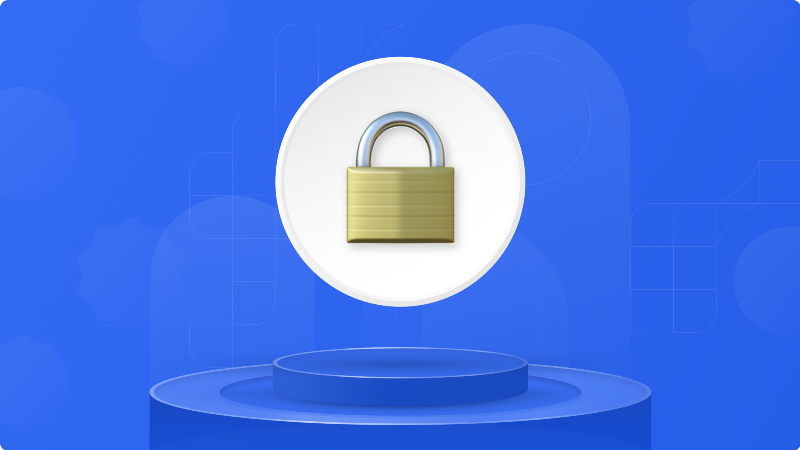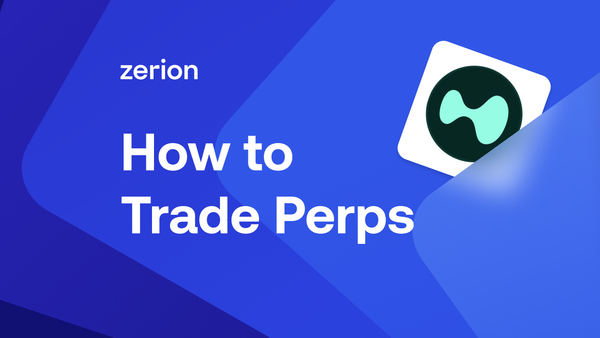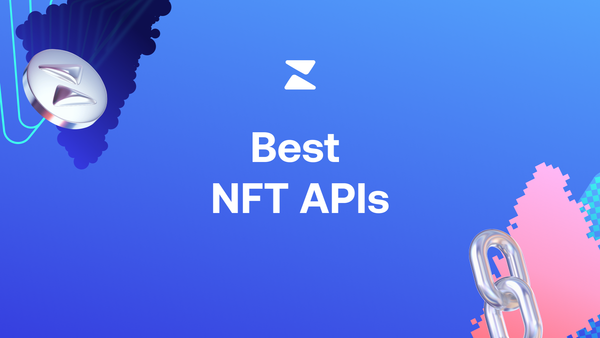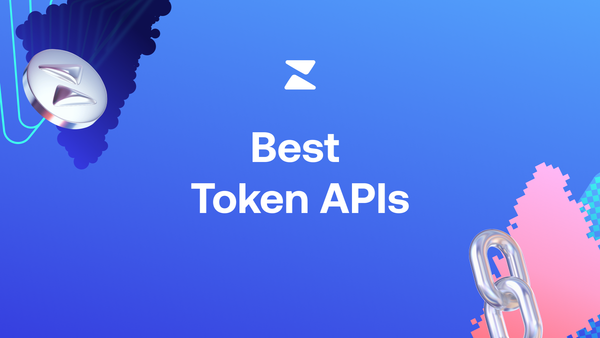Privacy by Design at Zerion
In this post, we outline general data usage in web3, how we use data, and what you can do to increase your privacy even further.

Concerns about privacy are one of the reasons people get interested in crypto. That’s why since the very beginning, we have been building Zerion with privacy by design as one of the guiding principles. Our latest privacy policy reflects that through its transparency, which we think is unparalleled in the industry. In this post, we’ll briefly outline general data usage in web3, how we use data, and what you can do to increase your privacy even further.
Data in DeFi and Web3
When you use Web3, all your wallet and transaction data is public. Anyone can see your transaction history — and you can also follow anyone onchain.
The rich portfolio features you see in any Zerion Wallet app are based solely on public blockchain data. You can even watch your own wallets without ever importing them.
By default, none of the blockchain data is linked to your personally identifiable information like your name or address. Of course, you may choose to disclose some personal information through various identity protocols.
However, some apps and services may demand your email address for login or even go through the KYC.
Zerion is not like that: our non-custodial wallet has no sign-ups or accounts. Your seed phrase or private key is all you need to use the wallet.
However, it doesn’t mean that we do not collect any personal data.
Transparency about data at Zerion
Virtually any app collects some personal data and shares it with third parties. But this is not the same as tracking. Some data is needed for services to run properly.
Meanwhile, any cloud provider like AWS or Google is a third party. And cloud infrastructure is the backbone of consumer apps.
At Zerion, we made the decision to be radically transparent about what personal data we collect and what we do with it. Spoiler: none of it is used for tracking. All of it is used to provide you with the wallet experience you enjoy.
While you can (and should) read the full privacy policy, here is the summary of the key points:
- Zerion does not collect and store personally identifiable data, such as name, street address, or date of birth.
- Zerion might have your email if you subscribed to newsletters or contacted our Support team. We never cross-link your emails to your other data.
- Zerion collects non-identifiable public onchain data, like transaction details, assets held in the wallet, and other information, to provide you services via the Zerion Interface.
- Zerion collects non-identifiable off-chain data, like device type, browser version, IP address, etc. This is to help drive production vision, not track. We do our best to store your IP addresses only in hashed versions and for no longer than 14 days in our logs.
How you can maximize your privacy
Zerion’s data collection is already minimized so you do not have to take any extra steps to protect your privacy.
However, if you to go the extra mile and maximize your privacy while using Zerion, here’s what you can do:
- Don’t give us your email address — we don’t use it in the Zerion app, and it’s only useful to subscribe to email newsletters or Mirror articles.
- For support, use the in-app chat only. This way, we don’t collect any unnecessary personal data like your email address or social media account name. It’s also a great way to avoid any scammers who might impersonate our team.
- Opt out from analytics to minimize collection of your product usage data. In your mobile app, go to Settings > Privacy.
- Turn off notifications for the Zerion mobile app. That way, we will not be able to process the Push token ID, which is generated based on your device information for all wallet addresses (both your portfolio and watchlist) in your Zerion app.
- Replace the default RPC providers with any custom node to avoid any date from being shared with the provider.
Of course, you can also ask for access to your data. You can also request to delete all your data. To do that or to clarify anything about our privacy policy, send us an email at [email protected].
Why it matters
In Web 2, you pay for the product with your privacy by sharing all data imaginable. Advertising-driven business models demand that. The exact scope of data collection and usage is hidden in the depths of voluminous policies that nobody reads. Even if you read it all, there is not much you can do about it.
In Web3, blockchain data is public, and personally identifiable data can and should be private. We believe that it is vital for everybody to understand what data is used and for what purpose. By knowing how data is processed, you can take simple steps to maximize your privacy. That way, we can all move beyond empty slogans into building the new, better internet.





